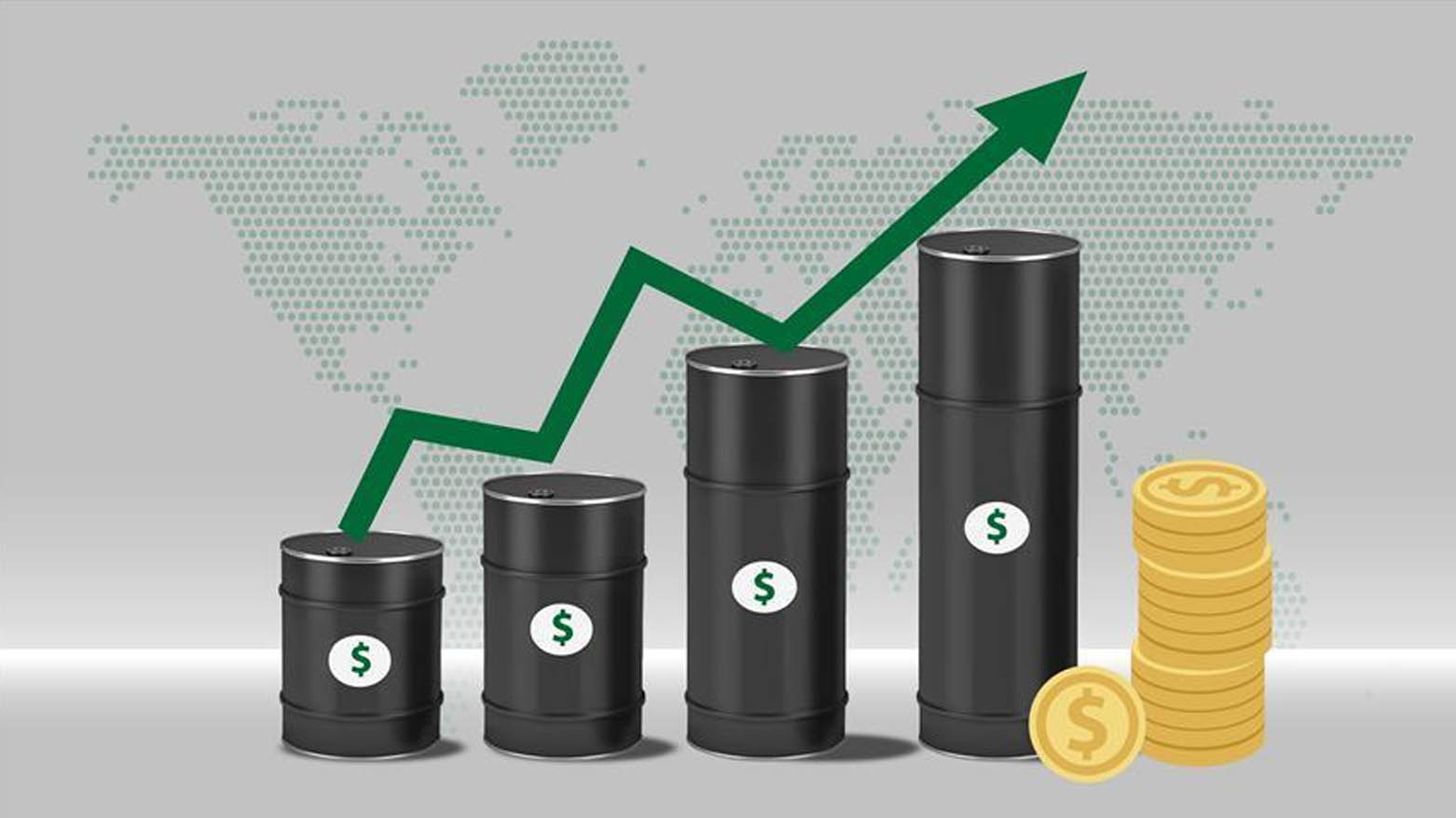Oil Prices Surge Over 4% as Middle East Tensions Raise Supply Fears
The warnings typically prompt market anxiety over potential disruptions in oil supply routes, especially in the Strait of Hormuz, through which roughly one-fifth of the world’s oil passes.

ERBIL (Kurdistan24) — Crude oil prices soared on Wednesday as rising geopolitical tensions between the United States and Iran raised fears of potential military conflict in the Middle East, a key oil-producing region. Citing the growing risks, CNBC reported that Brent crude jumped $2.90, or 4.3%, to close at $69.77 per barrel, while U.S. West Texas Intermediate (WTI) crude surged $3.17, or 4.9%, settling at $68.15 per barrel.
The spike in oil futures came after U.S. President Donald Trump expressed growing skepticism that a new nuclear deal could be reached with Tehran. “They seem to be delaying, and I think that’s a shame, but I’m less confident now than I would have been a couple of months ago,” Trump said in an interview with the New York Post, as cited by CNBC. “Something happened to them, but I am much less confident of a deal being made.”
Global oil markets responded swiftly to the comments and developments on the ground. According to CNBC, the United States is preparing to evacuate non-essential personnel from its embassy in Baghdad, signaling heightened concerns over security in the region. Two State Department officials confirmed the move to NBC News, while a third stated the decision was based on ongoing assessments to ensure the safety of American personnel abroad.
Adding to the unease, the United Kingdom Maritime Trade Operations, a Royal Navy unit that facilitates communication between commercial vessels and military forces, warned of a possible escalation of military activity in the region. CNBC noted that such warnings typically prompt market anxiety over potential disruptions in oil supply routes, especially in the Strait of Hormuz, through which roughly one-fifth of the world’s oil passes.
Iran responded defiantly. Brigadier General Aziz Nasirzadeh, the country’s defense minister, warned that U.S. military bases in the region are within reach and could be targeted if hostilities erupt, according to the Islamic Republic News Agency.
Despite maintaining that Iran will not be allowed to develop a nuclear weapon, Trump signaled a preference for a diplomatic resolution. “It would be nicer to do it without warfare, without people dying,” he said, though he also noted, “I don’t think I see the same level of enthusiasm for them to make a deal. I think they would make a mistake, but we’ll see.”
As CNBC highlighted, oil prices remain sensitive to geopolitical risk, especially in regions central to global energy production. With diplomacy appearing to stall and rhetoric intensifying, energy experts warn that continued instability could lead to further price volatility and increased costs for consumers and businesses alike.